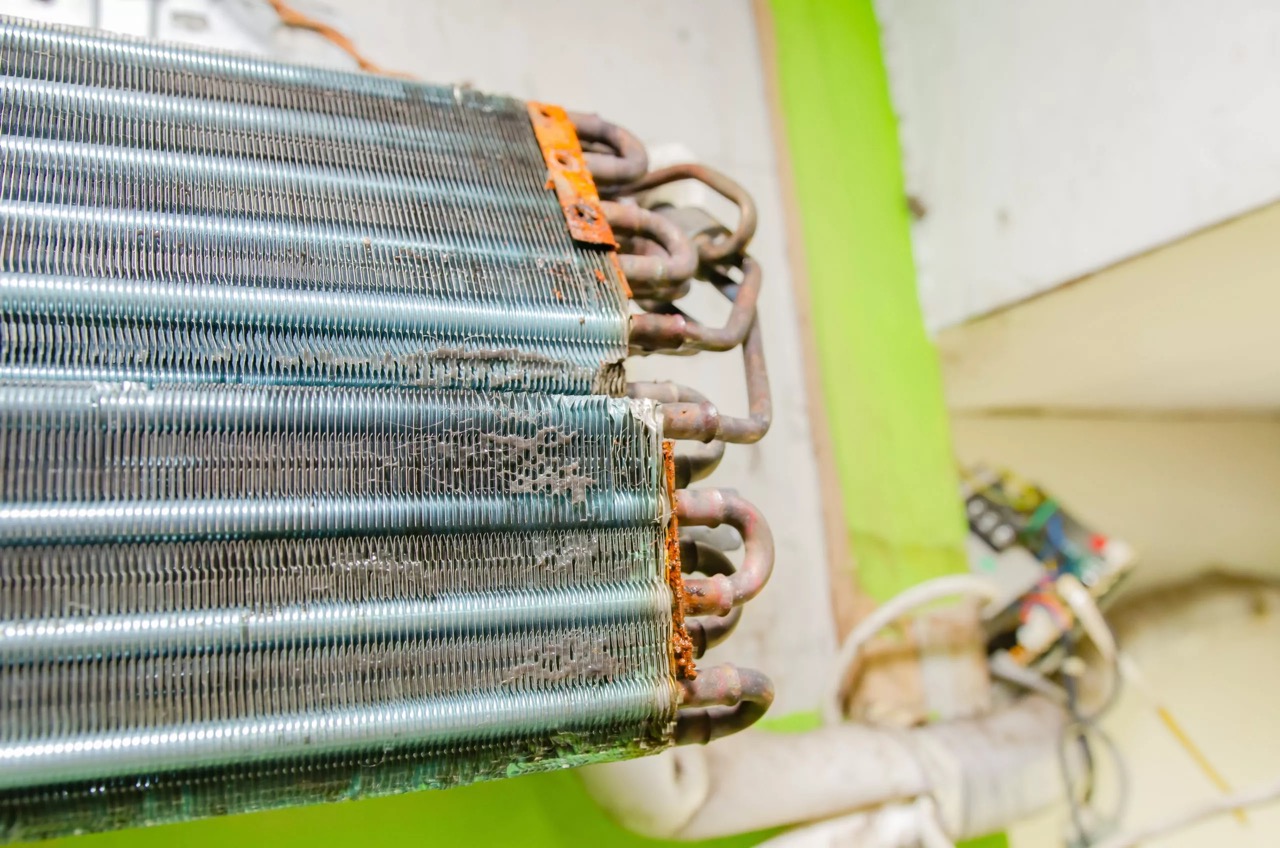

Articles
How Much To Replace AC Coil
Modified: October 18, 2024
Find out how much it typically costs to replace an AC coil in this comprehensive guide. Get expert tips and advice on AC coil replacement and what factors can affect the cost.
(Many of the links in this article redirect to a specific reviewed product. Your purchase of these products through affiliate links helps to generate commission for Storables.com, at no extra cost. Learn more)
Introduction
Welcome to our comprehensive guide on AC coil replacement costs. When your air conditioning system starts to malfunction, one of the potential causes could be a faulty AC coil. AC coils, also known as evaporator coils, play an essential role in the cooling process as they help remove heat from the indoor air. Over time, these coils may wear out or develop leaks, resulting in reduced efficiency and inadequate cooling. In such cases, replacing the AC coil becomes necessary to restore the proper functioning of your air conditioning system.
However, as with any home repair or replacement, understanding the cost involved is crucial for proper planning and budgeting. In this article, we will cover everything you need to know about AC coil replacement costs and factors that can affect them. Whether you are considering a DIY approach or hiring a professional, our goal is to provide you with the necessary information to make an informed decision and minimize your expenses.
Key Takeaways:
- Understanding the signs of a faulty AC coil, such as reduced cooling efficiency and water leakage, can help homeowners address issues promptly and prevent more extensive damage to their air conditioning systems.
- Whether considering DIY AC coil replacement or hiring a professional, homeowners can minimize costs by exploring energy-efficient options, comparing quotes, and taking advantage of rebates and incentives.
Read more: How Much To Clean AC Coils
Understanding AC Coils
Before delving into the cost of AC coil replacement, it’s important to have a clear understanding of what AC coils are and how they function. AC coils, also known as evaporator coils, are a critical component of your air conditioning system. These coils are usually made of copper or aluminum and are responsible for cooling the air that is circulated throughout your home.
When your air conditioning system is turned on, the compressor pumps refrigerant, typically a chemical called R-410A or Freon, into the AC coils. The refrigerant absorbs heat from the indoor air as it passes over the coils, evaporating from a liquid to a gas in the process. This cool gas is then sent to the compressor, which pressurizes it and sends it to the condenser coil located outside your home.
As the gas is cooled in the condenser coil, it returns to its liquid state and releases the heat it absorbed from the indoor air. This heat is expelled outside, and the liquid refrigerant is once again sent to the evaporator coils to repeat the cooling cycle.
AC coils are typically located inside the air handler unit, which is usually housed in a closet, basement, or attic. The coils are made up of narrow, serpentine tubes that are designed to maximize contact with the refrigerant and facilitate heat transfer effectively.
Over time, AC coils can become dirty or develop corrosion, leading to reduced efficiency and potential breakdowns. Regular maintenance, such as cleaning or replacing filters, can help prevent coil issues. However, if the coils become severely damaged or develop leaks, replacement may be necessary.
Now that you have a basic understanding of AC coils and how they function, let’s explore the signs that indicate your AC coil may need to be replaced.
Signs of a Faulty AC Coil
Identifying the signs of a faulty AC coil is crucial to address the issue promptly and avoid more extensive damage to your air conditioning system. Here are some common signs that indicate your AC coil may need to be replaced:
- Reduced Cooling Efficiency: If you notice that your air conditioner is not cooling your home as effectively as it used to, or if there are noticeable hot spots, it could be a sign of a faulty AC coil. As the coils become damaged or develop leaks, they are less able to extract heat from the indoor air, resulting in reduced cooling efficiency.
- Frequent System Cycling: A working air conditioning system should cycle on and off at regular intervals to maintain a consistent temperature. However, if you notice that your system is constantly cycling on and off, it could be a sign that the AC coils are damaged. This continuous cycling occurs when the coils struggle to cool the air efficiently, causing the system to work harder to achieve the desired temperature.
- Water Leakage: Another sign of a faulty AC coil is water leakage. When the coils are damaged, they can develop cracks or holes, leading to refrigerant leaks. As the refrigerant leaks, it can cause a build-up of ice on the coils, which can eventually melt and result in water leakage from your air conditioning system.
- Strange Noises: Unusual hissing or bubbling noises coming from your air conditioning system can be an indication of a refrigerant leak caused by a damaged AC coil. As the refrigerant escapes from the coils, it can create these unusual sounds. If you notice any abnormal noises, it’s best to have a professional inspect your system to identify the source of the issue.
- Foul Odors: If you detect a musty or pungent odor coming from your air conditioner, it could be a sign of mold or mildew growth on the AC coils. Damaged coils can become a breeding ground for moisture and microbial growth, resulting in unpleasant odors being circulated throughout your home.
If you experience any of these signs, it is essential to contact a professional HVAC technician to assess the condition of your AC coils and determine if replacement is necessary. Ignoring these signs can lead to further damage to your air conditioning system and potentially higher repair costs.
Factors Affecting the Cost of AC Coil Replacement
The cost of AC coil replacement can vary depending on several factors. Understanding these factors can help you estimate and budget for the expenses involved. Here are the main factors that can affect the cost of AC coil replacement:
- Type of Coil: The type of AC coil you need will impact the cost of replacement. Copper coils are generally more expensive than aluminum coils due to their superior heat transfer properties. However, copper coils are also more durable and have a longer lifespan.
- Coil Size: The size of the AC coil is another factor that can influence the cost. Larger coils require more materials and may take longer to install, resulting in higher replacement costs. The size of the coil is determined by the tonnage of your air conditioning system, which is based on the cooling capacity needed for your home.
- Brand and Model: The brand and model of the AC coil you choose can also affect the cost. More reputable and well-known brands tend to have higher price tags. Additionally, certain models may offer advanced features or higher energy efficiency ratings, which can contribute to a higher cost.
- Accessibility: The accessibility of the AC coil can impact the difficulty and time required for replacement. If the coil is easily accessible, the replacement process may be quicker and less labor-intensive, resulting in lower costs. However, if the coil is located in a hard-to-reach area, such as a cramped attic or crawl space, additional time and effort may be required, leading to higher replacement costs.
- Additional Repairs: During the replacement process, it is possible that additional repairs or adjustments may be necessary. For example, if the existing coils have caused damage to other components of the air conditioning system, such as the compressor or refrigerant lines, those may need to be repaired or replaced as well. These additional repairs can increase the overall cost of the coil replacement.
- Warranty: If your AC unit is still under warranty, the cost of the replacement coil may be partially or fully covered by the manufacturer. It is important to check the terms of your warranty to understand what is included and what costs you may be responsible for.
Keep in mind that labor costs for professional installation are typically not included in the cost of the AC coil itself. Labor rates can vary depending on your location and the HVAC contractor you choose. It is always recommended to obtain multiple quotes from reputable professionals to ensure you are getting a fair price for the replacement.
Now that we have discussed the factors that can affect the cost, let’s move on to the average cost of AC coil replacement.
Average Cost of AC Coil Replacement
The average cost of AC coil replacement can range from $500 to $2,500, including both the cost of the coil itself and the labor charges for installation. However, it is important to note that this is just a general estimate, and the actual cost can vary depending on several factors, as mentioned earlier.
On average, the cost of the AC coil itself can range from $250 to $1,500. The size, material, brand, and model of the coil will play a significant role in determining the price. Copper coils are usually more expensive than aluminum coils due to their higher durability and better heat transfer capabilities.
The labor costs for AC coil replacement can range from $250 to $1,000, depending on factors such as accessibility and additional repairs. HVAC contractors typically charge an hourly rate, which can vary based on location and experience. Additionally, if any additional repairs or adjustments are needed during the installation process, it can increase the overall labor cost.
It is important to obtain multiple quotes from reputable HVAC contractors to get a better understanding of the specific costs involved in your situation. The quotes should outline the cost of the coil, labor charges, and any additional repairs or adjustments that may be required.
Keep in mind that AC coil replacement costs can also be influenced by factors such as the warranty on your system. If your AC unit is still under warranty, it is essential to check the terms to see if the cost of the replacement coil is covered partially or fully by the manufacturer. This can help offset some of the expenses.
While the cost of AC coil replacement may seem significant, it is an investment in restoring the proper functioning of your air conditioning system and ensuring your comfort during hot summer months. Properly maintaining and replacing damaged coils can also help improve energy efficiency and reduce long-term repair costs.
Now that you have a general idea of the average cost involved, let’s discuss the pros and cons of DIY AC coil replacement versus hiring a professional.
Tip: When replacing an AC coil, consider the age of your system, the type of coil needed, and labor costs. Get multiple quotes from reputable HVAC professionals to ensure you’re getting a fair price.
DIY vs. Professional AC Coil Replacement
When it comes to AC coil replacement, you may be wondering whether to take on the task yourself or hire a professional HVAC technician. Both options have their advantages and considerations. Let’s explore the pros and cons of DIY AC coil replacement versus hiring a professional:
DIY AC Coil Replacement
Pros:
- Cost Savings: DIY AC coil replacement can save you money on labor costs, as you won’t have to hire a professional. You can purchase the replacement coil and perform the installation yourself, potentially reducing the overall expenses.
- Learning Opportunity: Taking on a DIY project gives you the opportunity to learn more about your air conditioning system and gain hands-on experience. It can be a rewarding experience if you enjoy tackling home improvement tasks.
- Flexibility: DIY AC coil replacement allows you to work at your own pace and on your own schedule. You have greater control over the timing and completion of the project.
Cons:
- Technical Knowledge: AC coil replacement requires a certain level of technical knowledge and expertise. If you are not familiar with HVAC systems or lack experience in working with refrigerant, it can be challenging to perform the replacement correctly and safely.
- Potential Damage: Incorrect installation or mishandling of the AC coil can lead to further damage to your air conditioning system. This could result in more costly repairs or even the need for a complete system replacement.
- Warranty Voidance: If your air conditioning system is still under warranty, attempting DIY AC coil replacement may void the warranty. Manufacturers often require professional installation to maintain the warranty coverage, so it’s important to check the terms before proceeding.
Professional AC Coil Replacement
Pros:
- Expertise and Experience: HVAC professionals have the necessary skills, knowledge, and experience to properly handle AC coil replacements. They are trained to work with refrigerant and understand the intricacies of your air conditioning system.
- Efficiency and Accuracy: Hiring a professional ensures that the AC coil replacement is done efficiently and accurately. They have the right tools and equipment to handle the job, reducing the risk of errors and ensuring the best possible outcome.
- Warranty Compliance: Professional installation often complies with the warranty requirements set by manufacturers. This ensures that your warranty remains intact and provides you with peace of mind.
Cons:
- Higher Cost: Hiring a professional for AC coil replacement comes with labor costs, which can add to the overall expenses. The cost can vary depending on factors such as location and the complexity of the installation.
- Less Control: When you hire a professional, you have less control over the timing and progress of the project. You will need to coordinate with the HVAC technician and work around their availability.
Ultimately, the decision between DIY AC coil replacement and hiring a professional depends on your comfort level with HVAC systems, your technical skills, and the complexity of the task. If you have experience and confidence in your abilities, DIY may be a feasible option. However, if you lack the necessary knowledge or prefer to leave it to the experts, hiring a professional ensures a proper and efficient AC coil replacement.
Now, let’s explore some tips to help you minimize AC coil replacement costs, regardless of whether you choose to go the DIY route or hire a professional.
Tips to Minimize AC Coil Replacement Costs
Replacing an AC coil can be a significant expense, but there are several ways to minimize the costs involved. Whether you decide to take the DIY route or hire a professional, here are some tips to help you save money on AC coil replacement:
- Regular Maintenance: One of the best ways to extend the lifespan of your AC coils and avoid premature replacement is through regular maintenance. This includes cleaning or replacing filters, keeping the coils free from dirt and debris, and scheduling professional tune-ups. Regular maintenance can help identify and address any issues with the coils early on, preventing further damage.
- Compare Quotes: If you opt to hire a professional for AC coil replacement, it is essential to obtain multiple quotes from reputable HVAC contractors. Comparing quotes allows you to get a better understanding of the average cost in your area and helps you identify any potential outliers. However, remember that the lowest price may not always be the best option, as quality and expertise should also be considered.
- Consider Energy Efficiency: When choosing a replacement AC coil, consider opting for a more energy-efficient model. While they may have a higher upfront cost, energy-efficient coils can help reduce long-term energy consumption and lower your utility bills.
- Look for Rebates and Incentives: Check if there are any rebates or incentives available for energy-efficient upgrades or AC coil replacements in your area. Many utility companies and government programs offer financial incentives to promote energy conservation. Taking advantage of these programs can help offset some of the costs associated with the replacement.
- Explore Warranty Coverage: If your air conditioning system is still under warranty, review the terms to see if the cost of the AC coil replacement is covered partially or fully by the manufacturer. It’s important to understand the warranty coverage and any conditions that may apply.
- DIY with Caution: If you decide to take on the AC coil replacement yourself, be cautious and ensure you have the necessary skills and knowledge to do the job correctly. Incorrect installation can lead to more expensive repairs or even system damage. If you’re uncertain about any aspect of the replacement process, it’s best to hire a professional to avoid costly mistakes.
- Consider Financing Options: If the cost of AC coil replacement is a significant financial burden, explore financing options that may be available to you. Some HVAC companies offer financing plans to help homeowners manage the cost of replacements. These plans can allow you to spread out payments over time, easing the immediate financial impact.
By implementing these tips, you can minimize AC coil replacement costs and ensure that you make a cost-effective decision for your air conditioning system. Remember, regular maintenance and care will help prolong the life of your AC coils, reducing the need for replacement in the future.
Now, let’s wrap up with a summary of the key points discussed.
Read more: What Is An AC Coil
Conclusion
Replacing an AC coil is a significant expense, but understanding the factors that affect the cost and taking the right steps can help you minimize the financial impact. Whether you choose to go the DIY route or hire a professional, it is important to have a clear understanding of AC coils, the signs of a faulty coil, and the average cost of replacement.
If you notice reduced cooling efficiency, frequent system cycling, water leakage, strange noises, or foul odors coming from your air conditioning system, these could be signs that your AC coil needs replacement. Promptly addressing these issues can prevent further damage and more expensive repairs down the line.
The average cost of AC coil replacement can vary depending on factors such as the type of coil, its size, brand and model, accessibility, and additional repairs. Obtaining multiple quotes from reputable HVAC contractors allows you to compare prices and ensure you are getting a fair deal.
Although DIY AC coil replacement can save you money on labor costs, it requires technical knowledge and expertise. Mishandling the AC coil or incorrect installation can lead to further damage and costly repairs. Hiring a professional ensures proper installation, warranty compliance, and expert service.
To minimize AC coil replacement costs, regular maintenance is crucial. Cleaning or replacing filters, keeping the coils free from dirt and debris, and scheduling professional tune-ups can help extend the lifespan of your AC coils. Additionally, exploring energy-efficient options, looking for rebates and incentives, and considering financing options can help offset costs and make the replacement more affordable.
Ultimately, the decision to replace your AC coil should be based on the specific needs of your system and your budget. By being proactive and informed, you can ensure the optimal functioning of your air conditioning system and create a comfortable environment in your home.
We hope this guide has provided you with valuable insights and information to help you navigate the process of AC coil replacement. Whether you choose to tackle the task yourself or entrust it to a professional, may your air conditioning system continue to provide you with cool comfort for years to come.
Frequently Asked Questions about How Much To Replace AC Coil
Was this page helpful?
At Storables.com, we guarantee accurate and reliable information. Our content, validated by Expert Board Contributors, is crafted following stringent Editorial Policies. We're committed to providing you with well-researched, expert-backed insights for all your informational needs.
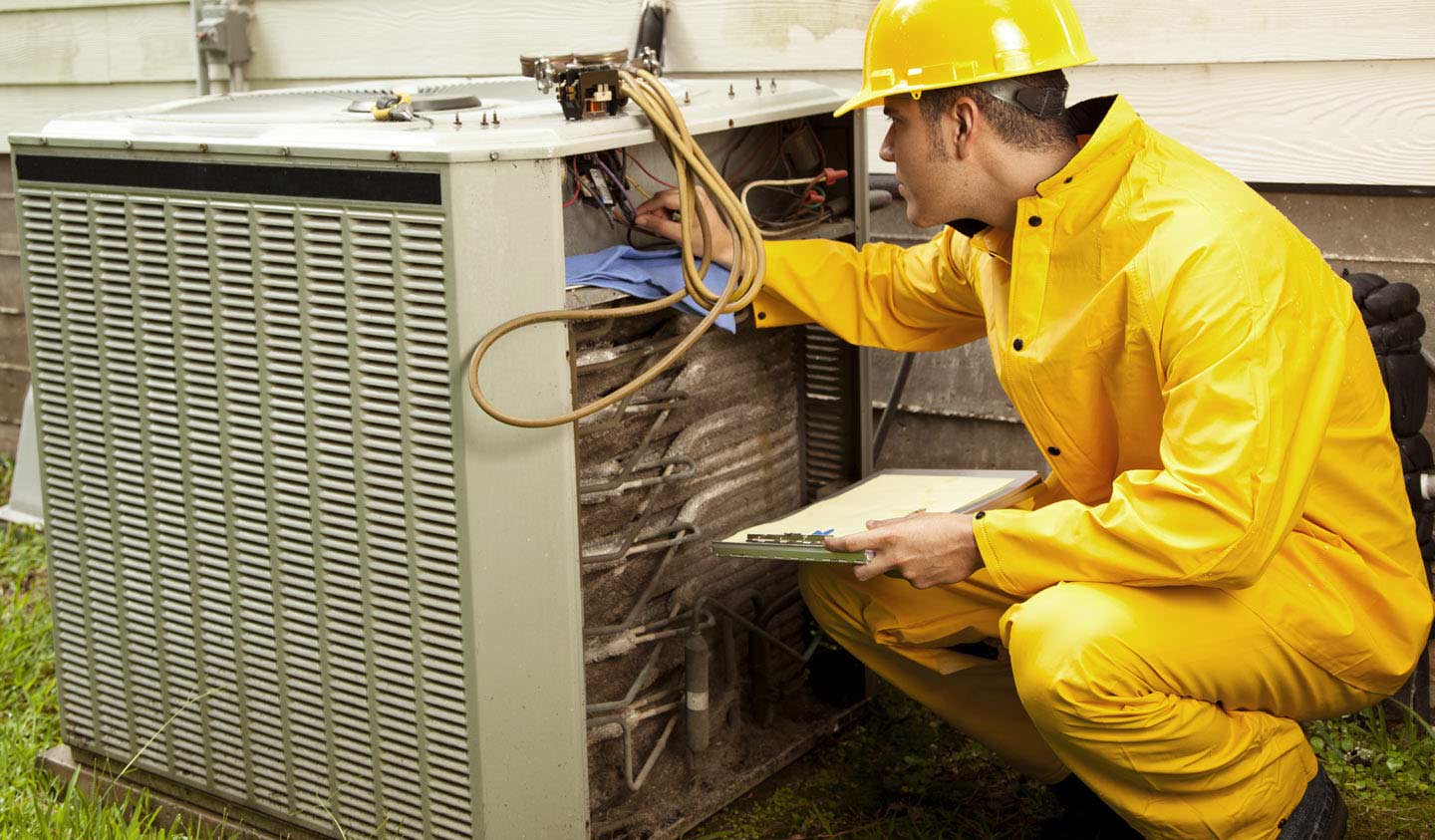
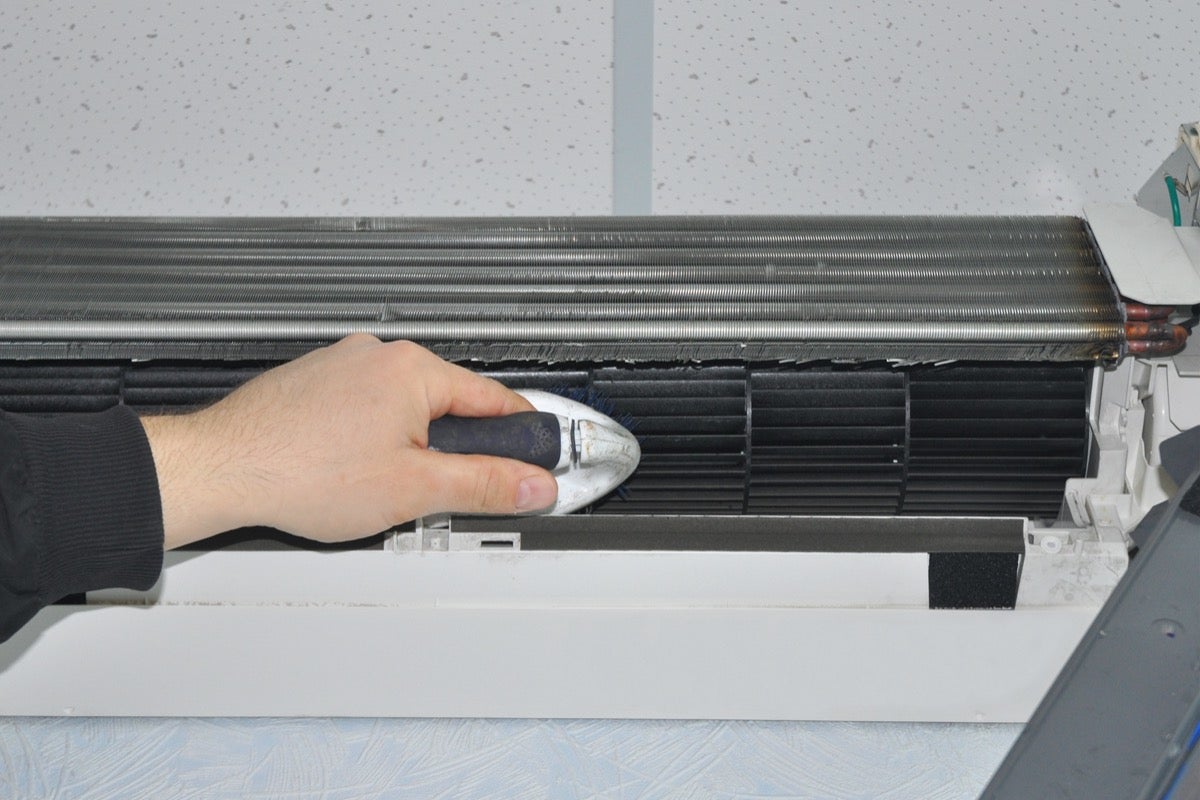
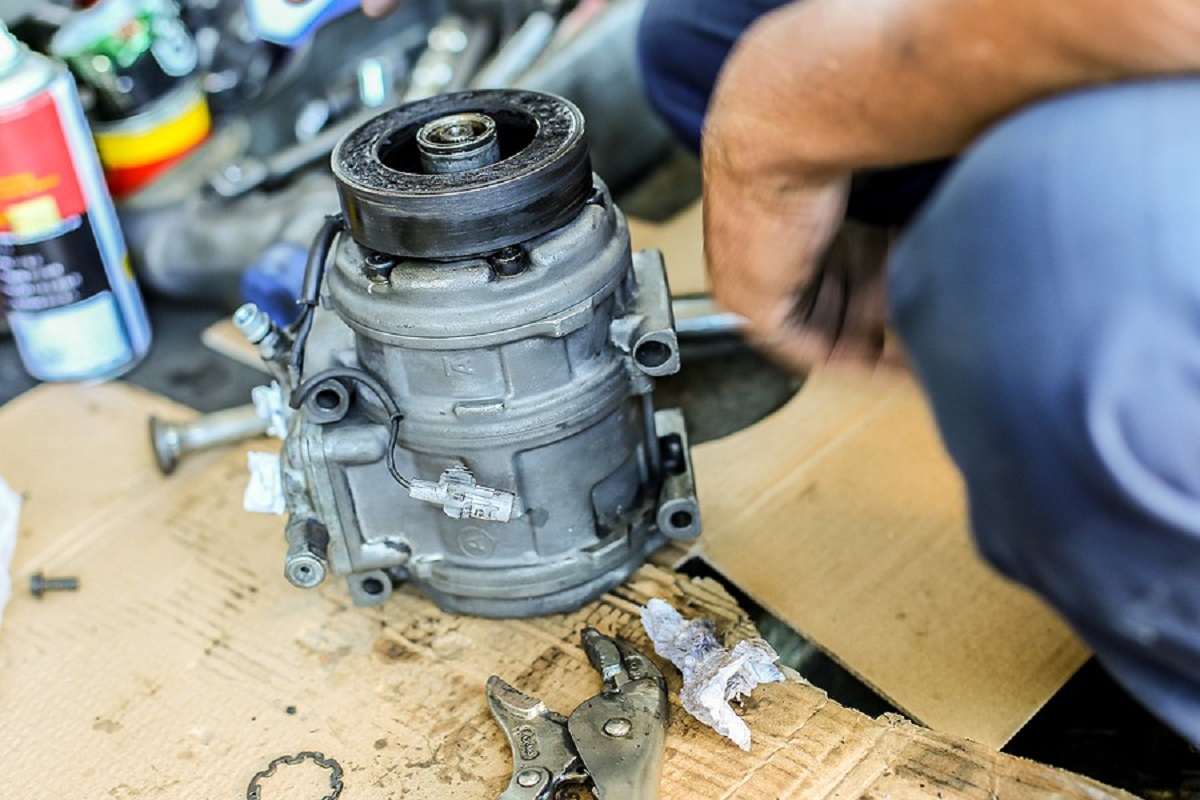
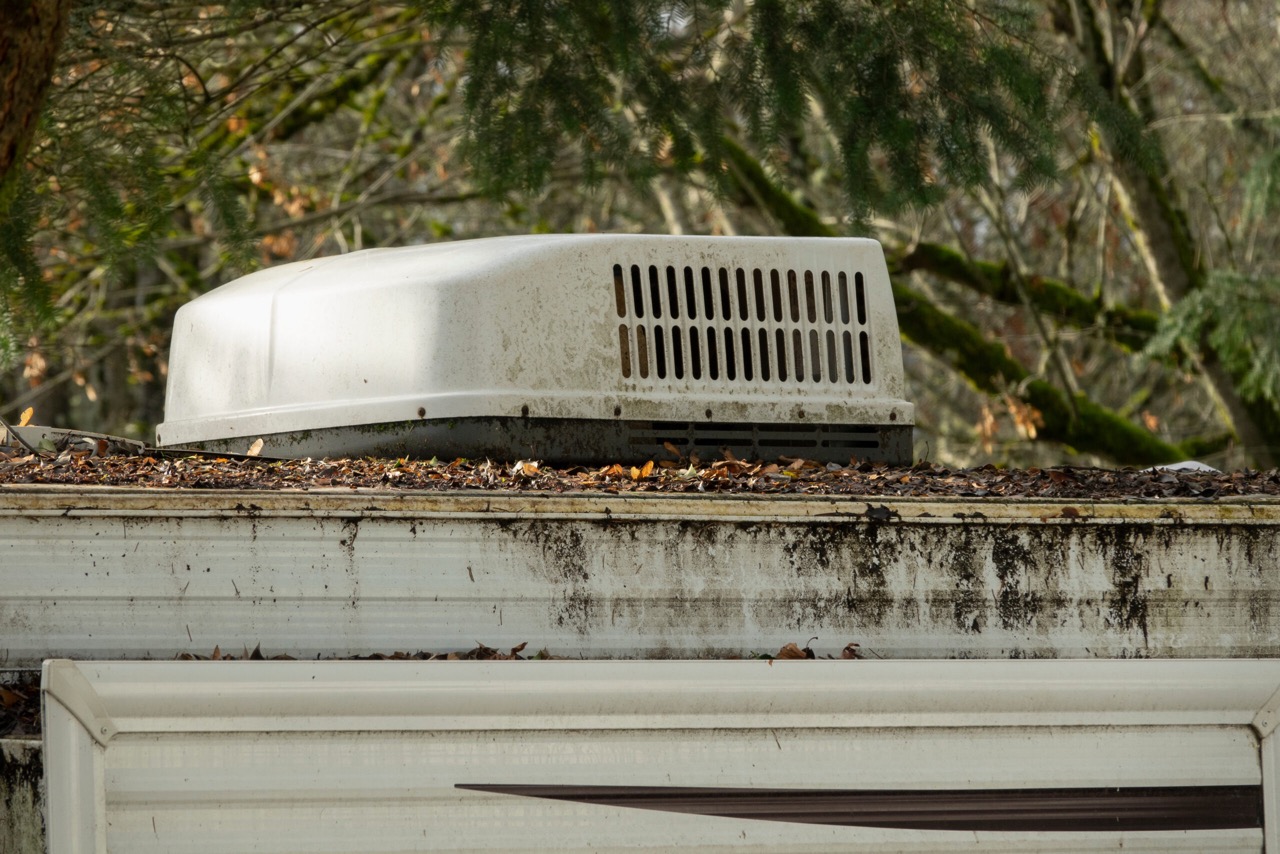
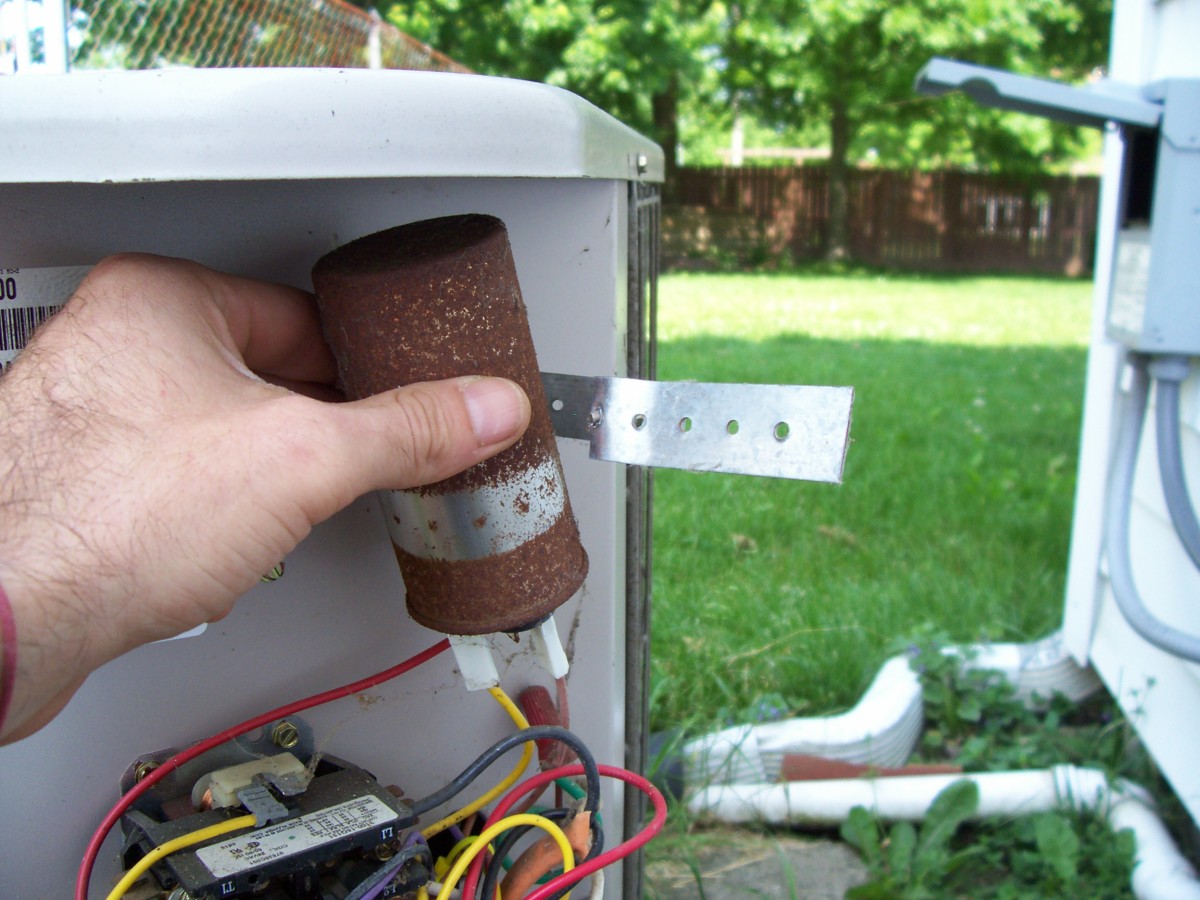
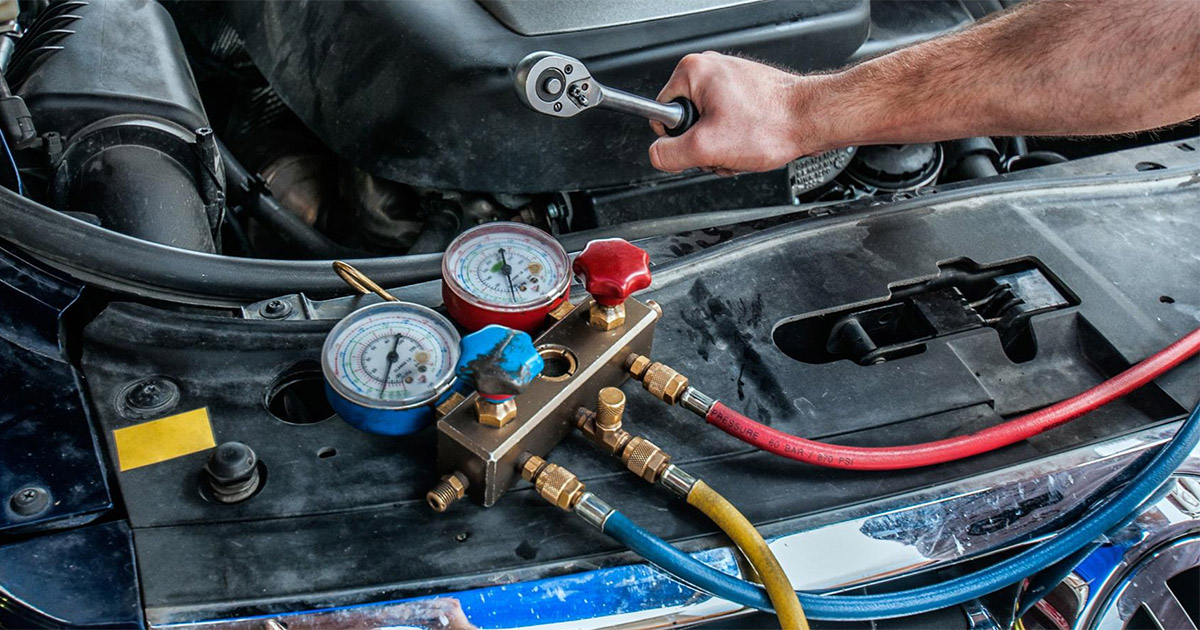
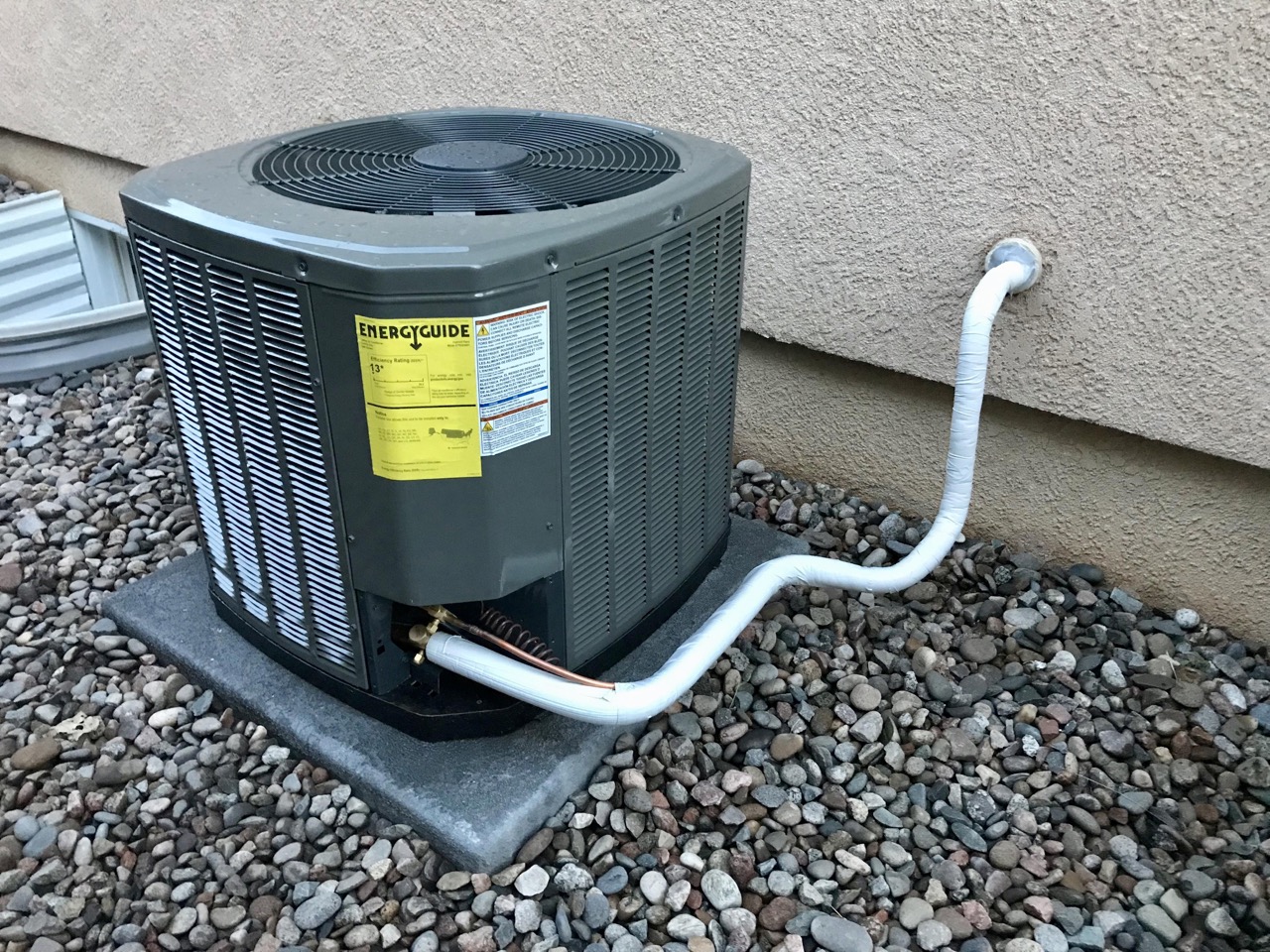
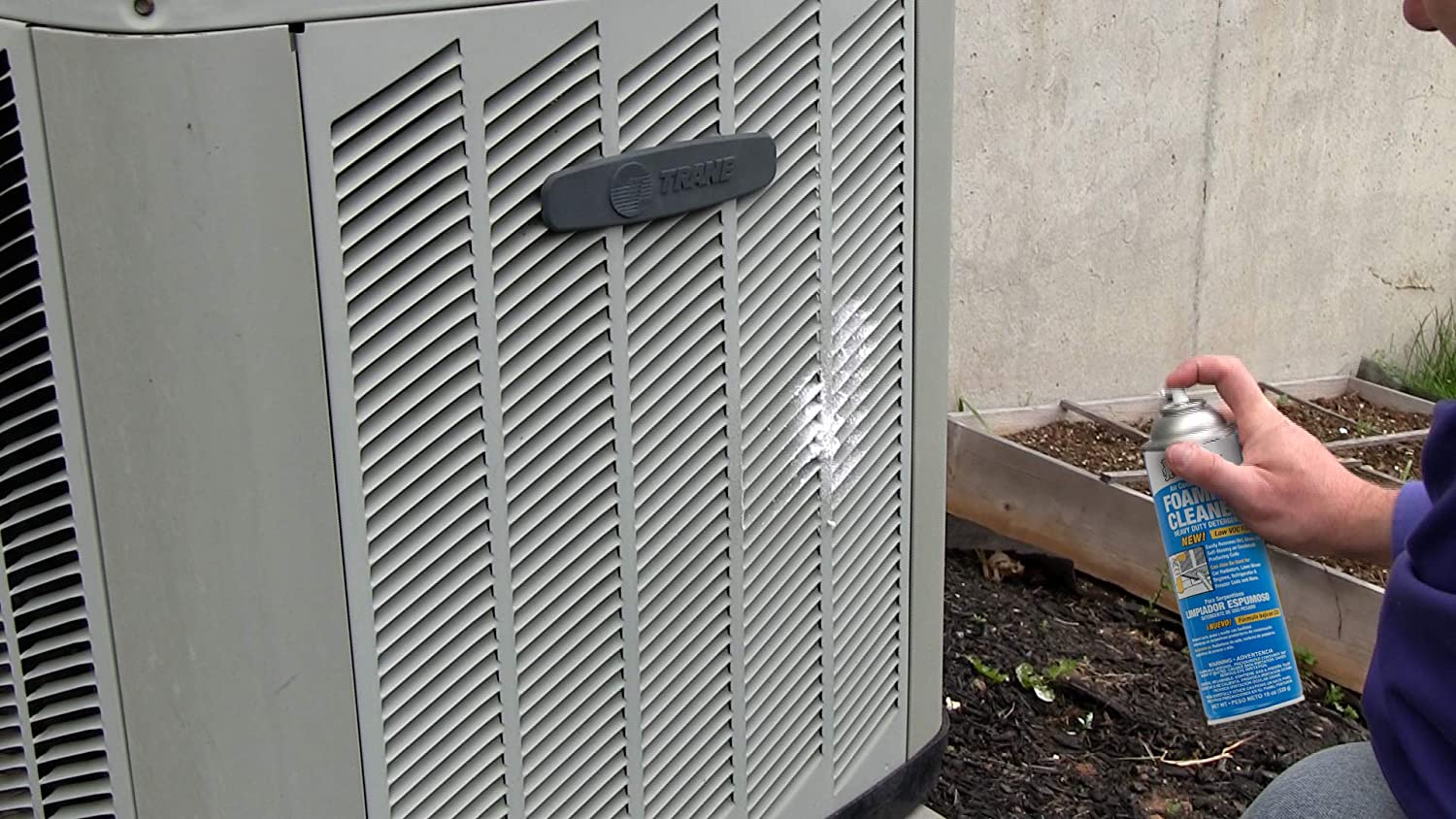
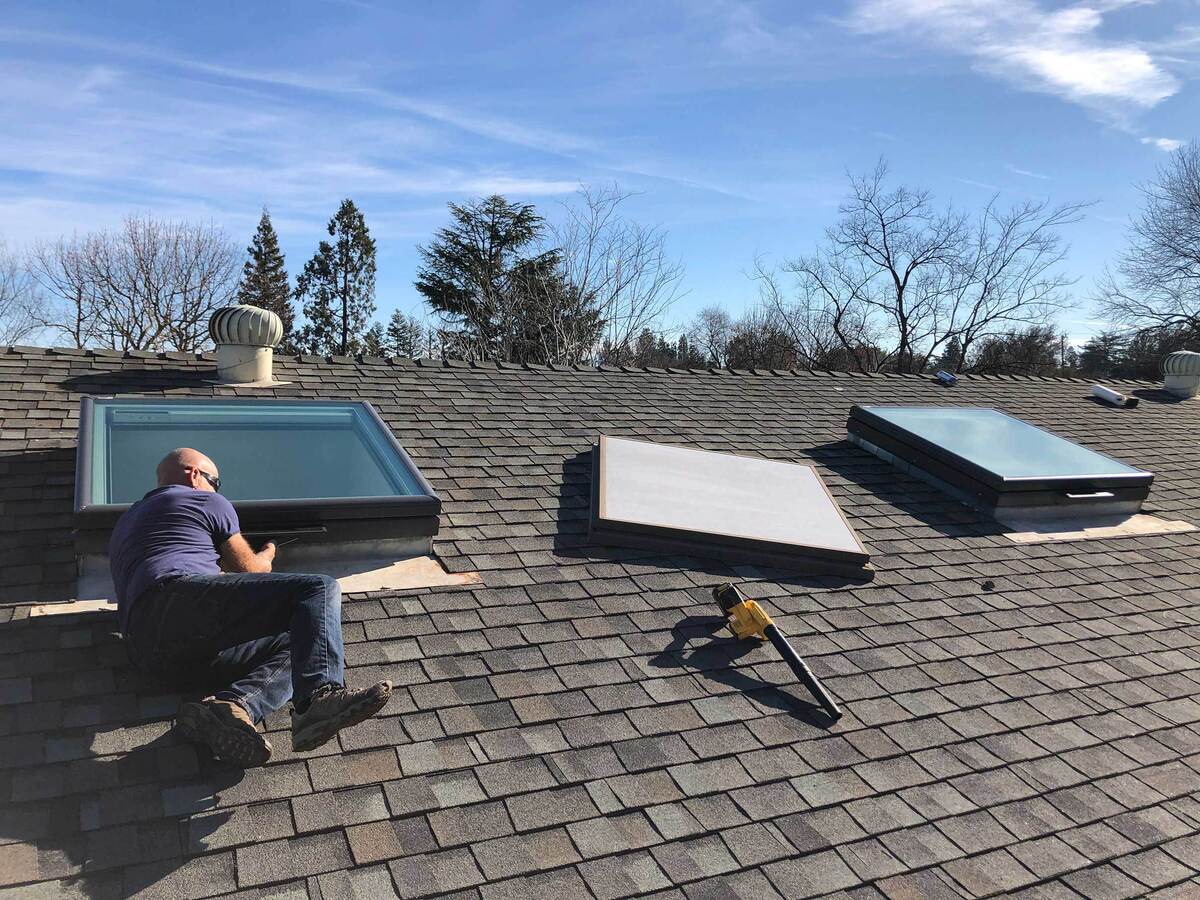

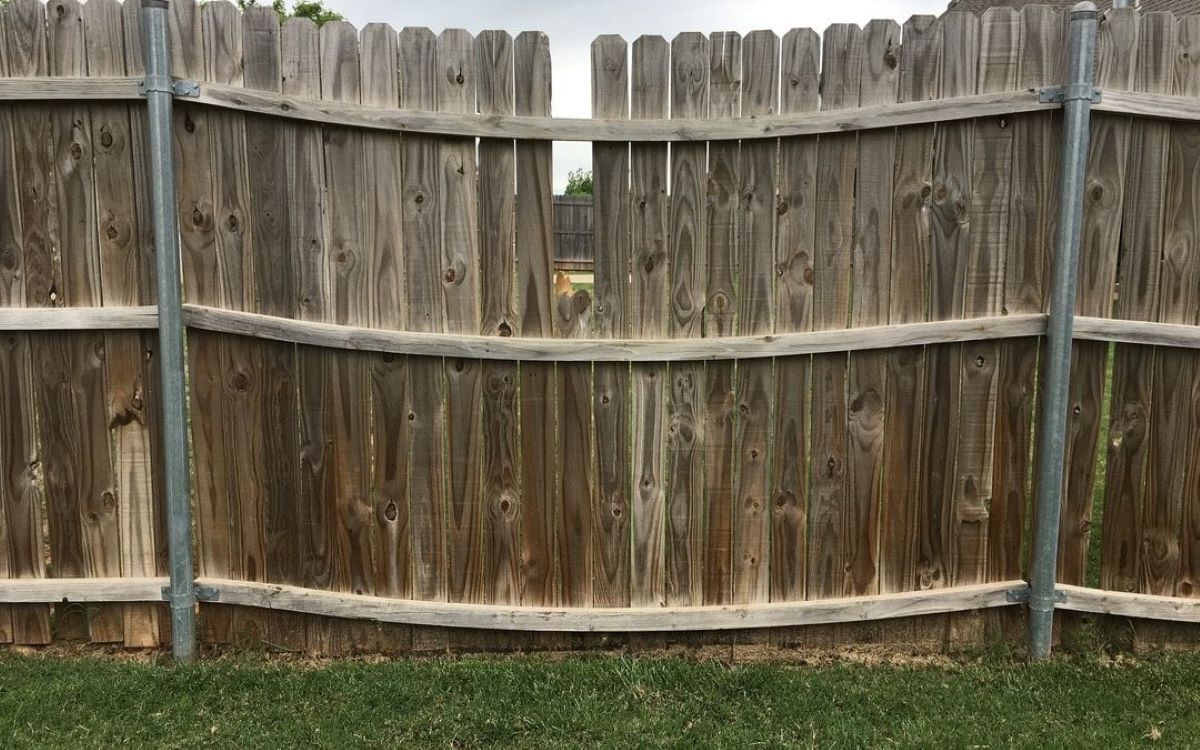

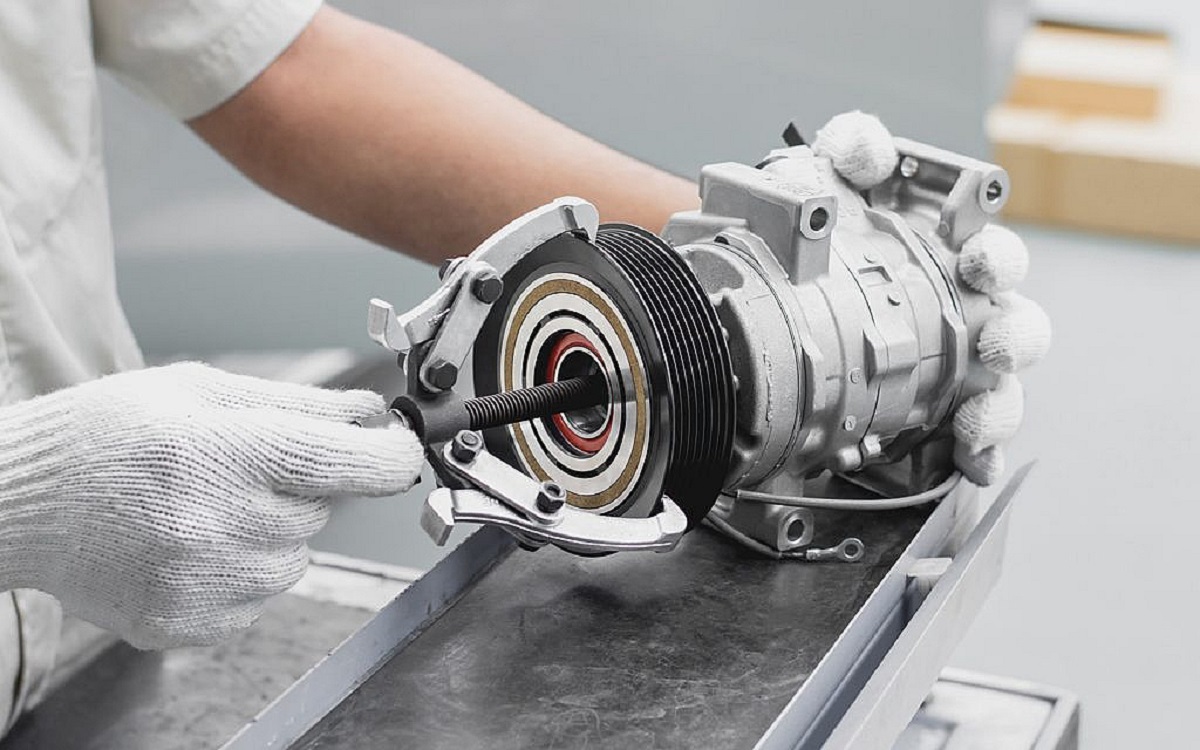

0 thoughts on “How Much To Replace AC Coil”